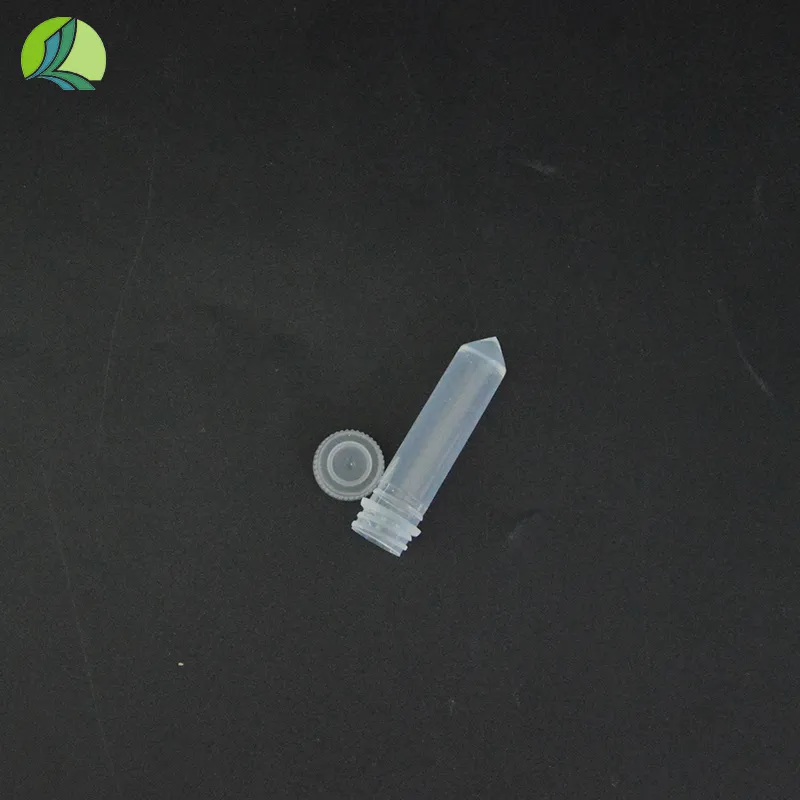
-
 Afrikaans
Afrikaans -
 Albanian
Albanian -
 Amharic
Amharic -
 Arabic
Arabic -
 Armenian
Armenian -
 Azerbaijani
Azerbaijani -
 Basque
Basque -
 Belarusian
Belarusian -
 Bengali
Bengali -
 Bosnian
Bosnian -
 Bulgarian
Bulgarian -
 Catalan
Catalan -
 Cebuano
Cebuano -
 Corsican
Corsican -
 Croatian
Croatian -
 Czech
Czech -
 Danish
Danish -
 Dutch
Dutch -
 English
English -
 Esperanto
Esperanto -
 Estonian
Estonian -
 Finnish
Finnish -
 French
French -
 Frisian
Frisian -
 Galician
Galician -
 Georgian
Georgian -
 German
German -
 Greek
Greek -
 Gujarati
Gujarati -
 Haitian Creole
Haitian Creole -
 hausa
hausa -
 hawaiian
hawaiian -
 Hebrew
Hebrew -
 Hindi
Hindi -
 Miao
Miao -
 Hungarian
Hungarian -
 Icelandic
Icelandic -
 igbo
igbo -
 Indonesian
Indonesian -
 irish
irish -
 Italian
Italian -
 Japanese
Japanese -
 Javanese
Javanese -
 Kannada
Kannada -
 kazakh
kazakh -
 Khmer
Khmer -
 Rwandese
Rwandese -
 Korean
Korean -
 Kurdish
Kurdish -
 Kyrgyz
Kyrgyz -
 Lao
Lao -
 Latin
Latin -
 Latvian
Latvian -
 Lithuanian
Lithuanian -
 Luxembourgish
Luxembourgish -
 Macedonian
Macedonian -
 Malgashi
Malgashi -
 Malay
Malay -
 Malayalam
Malayalam -
 Maltese
Maltese -
 Maori
Maori -
 Marathi
Marathi -
 Mongolian
Mongolian -
 Myanmar
Myanmar -
 Nepali
Nepali -
 Norwegian
Norwegian -
 Norwegian
Norwegian -
 Occitan
Occitan -
 Pashto
Pashto -
 Persian
Persian -
 Polish
Polish -
 Portuguese
Portuguese -
 Punjabi
Punjabi -
 Romanian
Romanian -
 Russian
Russian -
 Samoan
Samoan -
 Scottish Gaelic
Scottish Gaelic -
 Serbian
Serbian -
 Sesotho
Sesotho -
 Shona
Shona -
 Sindhi
Sindhi -
 Sinhala
Sinhala -
 Slovak
Slovak -
 Slovenian
Slovenian -
 Somali
Somali -
 Spanish
Spanish -
 Sundanese
Sundanese -
 Swahili
Swahili -
 Swedish
Swedish -
 Tagalog
Tagalog -
 Tajik
Tajik -
 Tamil
Tamil -
 Tatar
Tatar -
 Telugu
Telugu -
 Thai
Thai -
 Turkish
Turkish -
 Turkmen
Turkmen -
 Ukrainian
Ukrainian -
 Urdu
Urdu -
 Uighur
Uighur -
 Uzbek
Uzbek -
 Vietnamese
Vietnamese -
 Welsh
Welsh -
 Bantu
Bantu -
 Yiddish
Yiddish -
 Yoruba
Yoruba -
 Zulu
Zulu
empty pill bottle recycling
Recycling Empty Pill Bottles A Step Towards Sustainability
In today's world, where environmental concerns are at the forefront of global discussions, recycling has become an integral aspect of waste management. Among the items often overlooked in our recycling habits are empty pill bottles. These small containers, typically made from plastic, can have a significant impact on our environment if not disposed of correctly. Understanding how to recycle them properly can contribute to a more sustainable future.
Recycling Empty Pill Bottles A Step Towards Sustainability
One of the primary concerns with recycling pill bottles is contamination. Many people mistakenly believe that as long as the bottle is empty, it’s ready for recycling. However, it is essential to clean them thoroughly to remove any traces of medication. Residual substances can interfere with the recycling process and may contaminate other recyclable items. Therefore, rinsing the bottles with water and ensuring they are free of any residue is a crucial step before placing them in the recycling bin.
empty pill bottle recycling

Another important aspect to consider is the type of plastic from which the bottles are made. Most pill bottles are composed of high-density polyethylene (HDPE), denoted by the recycling codes 1 and 2. These types of plastics are widely accepted in recycling programs. Nonetheless, it's always wise to check local recycling guidelines, as practices can vary significantly by location. Some recycling facilities may not accept certain types of plastic due to the costs associated with processing them.
Moreover, not all communities have access to curbside recycling programs for pill bottles. In such cases, individuals can look for local pharmacies, hospitals, or community organizations that offer medicine take-back programs. These programs are often implemented to safely dispose of unused medications but can also help recycle the containers. Participating in these initiatives not only helps recycle the bottles but also ensures that medications are disposed of safely, preventing them from entering water supplies or harming wildlife.
Recycling empty pill bottles doesn’t have to be limited to just disposal. Many DIY enthusiasts have found creative ways to repurpose these bottles. They can serve as storage containers for small items, such as screws, buttons, or craft supplies. Additionally, some organizations collect empty pill bottles for humanitarian efforts, such as providing them to developing countries where they can be reused as containers for medicines.
As individuals, we hold the power to make a difference. By understanding the importance of recycling empty pill bottles and taking the necessary steps to do so correctly, we can contribute to the reduction of plastic waste and promote a sustainable environment. It is a simple yet effective action that, when taken collectively, can lead to significant change. Let us commit to responsible recycling habits and ensure that our planet remains healthy for generations to come.
-
Premium 200ml Medicine Bottles – Leakproof Dropper & Spray Options at Best PriceNewsJul.05,2025
-
PTFE Centrifuge Tubes - Chemical Resistant, Leak-proof, Ideal for Laboratory UseNewsJul.05,2025
-
Premium Metal Dropper Bottle for Precise Dispensing 250ml & 1ml Options AvailableNewsJul.04,2025
-
20 ml Headspace Vials - High Quality Polyethylene & Plastic Vials for Lab UseNewsJul.04,2025
-
Small Bottle with Pipette - Precise Dispensing 100ml Pipette Bottles for Essential Oils & Lab UseNewsJun.24,2025
-
Acetic Anhydride Bottle for Accurate Dropper Measurement in Pharmacy Use High-Quality Dropper BottlesNewsJun.10,2025






















